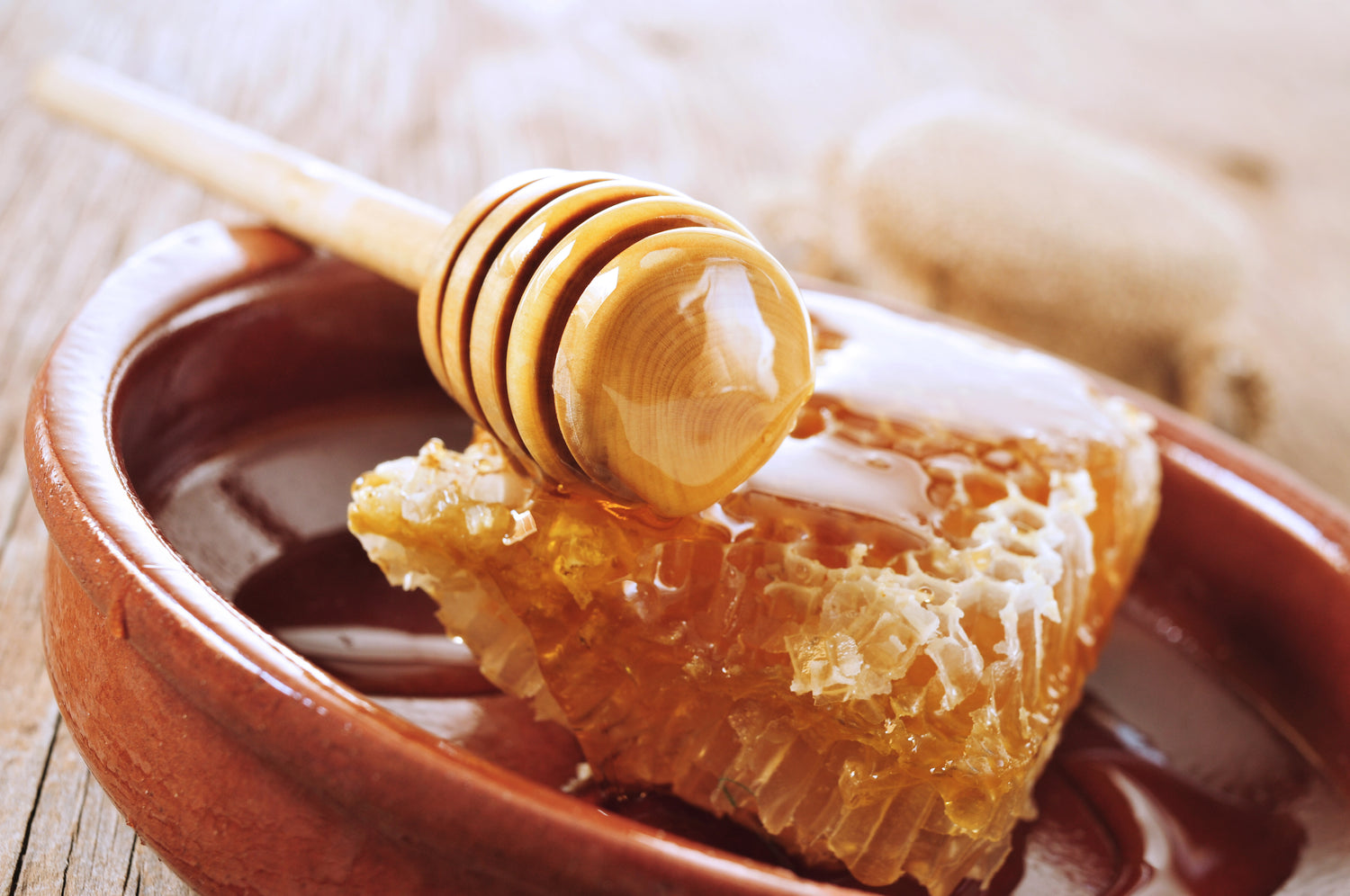Can Local Honey Really Relieve Your Seasonal Allergies?
Published September 26, 2022

There are lots of misconceptions about allergies that tend to swirl around in your mind around allergy season, much like all that pollen swirling in the air. But with all of the questions we still have about seasonal allergies – Do I just need to live in a new city where seasonal allergies won't affect me as much? Should I be investing in a good nasal spray? Is it normal that I'm having allergy attacks for the first time as an adult? – there's one that manages to remain especially top of mind every year and we work on our seasonal allergy game plan: can local honey actually help alleviate seasonal allergy symptoms?
Basically, seasonal allergies are mostly caused by pollen, which winds up in honey when bees pollinate flower and then produce honey. So the theory goes: wouldn't eating honey (which contains local pollen and thus the substance causing seasonal allergies) help your body build up a tolerance or a resistance to the pollen that in turn makes it easier for you to deal with common allergens every spring?
While the logic may seem pretty sound, there are actually a few holes in the idea. The thing is, when you consider the "pollenary" breakdown (sure, let's call it that) of local honey, what you're actually looking at is pollen from a lot of different sources. And with that being the case, it's pretty unlikely that you'd be taking in a substantial enough amount of any one kind of pollen to actually build up a tolerance or resistance to its unique allergen properties.
Then there's the science. While there have been a number of promising studies attempting to identify a positive correlation between local honey consumption and reduced allergy symptoms, none of those studies have really been solid enough to leave our doubts in the dust. For example, one Finnish study that looked at birch pollen-infused honey – birch is one of the most common contributors to seasonal allergies – to understand how it affected subjects' allergy symptoms over time. And while the study found that birch honey did seem to positively impact those who suffered from seasonal allergies, the control group in the study wasn't given a placebo, which could essentially leave the results a little unreliable. Meanwhile, other studies that have included a placebo found that all subjects of the study – both the honey test group and the placebo control group – seemed to have improved allergy symptoms, suggesting that the improvements might have more to do with psychology than honey, if anything.
Without any kind of conclusive evidence to say that local honey has a definite effect on allergies, we're hardly down to say that you should be swapping out your Claritin for the sweet nectar anytime soon. What we will say though is that if the evidence is any indication, adding a spoonful of honey to your routine might at least make you think you're doing better. And, hey, if that helps us cope with the sneezing fits, we'll take it. Whatever works.



